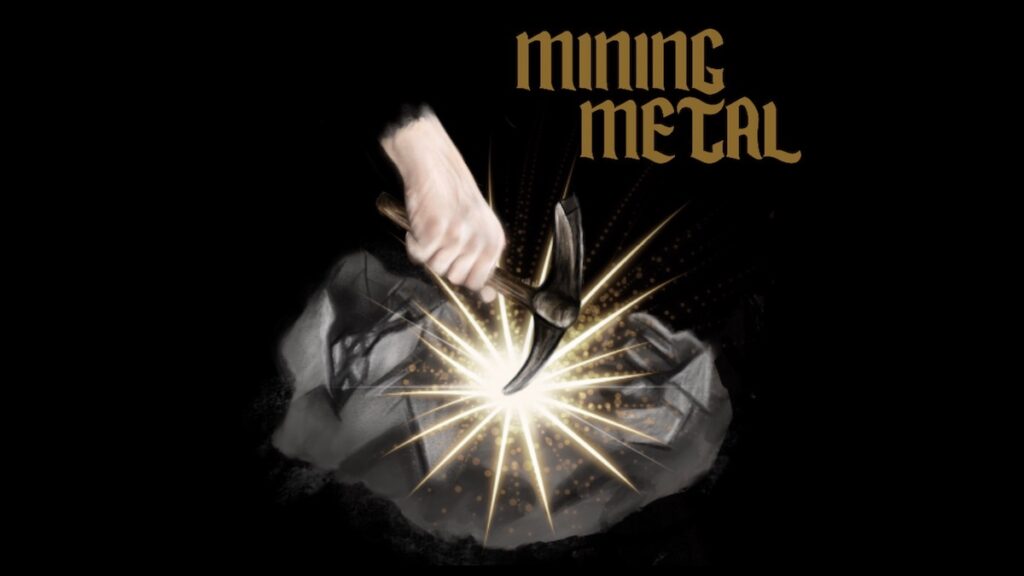Mining Metal is a monthly column from Heavy Consequence contributing writers Langdon Hickman and Colin Dempsey. The focus is on noteworthy new music emerging from the non-mainstream metal scene, highlighting releases from small and independent labels — or even releases from unsigned acts.
To write about Ozzy Osbourne’s passing and influence is to write about metal as a whole and trace an international lineage back to Birmingham, to peel back how working-class conditions shaped what would become a lifestyle. The words to honor his legacy are found in the long list of heavy metal, doom metal, and stoner metal bands on Metal Archives. Hell, this column is dedicated to him. You could draw a line from every album highlighted here, whether it be this month, last month, or three years ago, right to Paranoid. Of course, Ozzy was not solely responsible for Black Sabbath nor heavy metal, but he’s the part of Sabbath that hasn’t been replicated ad nauseam. Entire genres lay at the altar of Tony Iommi’s riffs. But you can count on one hand how many people truly sound like Ozzy. Of them, few capture his appeal.
Writing about him is like mourning the loss of an ocean. The brain doesn’t work well with large hypotheticals like that. It cannot rationalize what metal, or even rock music, would be without him. It’s through him that Sabbath’s fears of nuclear holocaust became haunted, renovated from hippie anti-war statements into pit-of-the-stomach anxieties. He was a ghastly vessel in a machine that produced dread. While his bandmates downtuned to explore the further expressive regions, a pathway that contemporary artists still follow, Ozzy sounded human. Unpolished and paranormal as that human was, he tethered Sabbath to Earth.
Ozzy felt immortal even though he very much wasn’t. During his final performance last month, in which he sat on his black throne and played a condensed set at 76 years old, his presence felt enduring, as if he wasn’t going anywhere although he was retiring. And truly, he is immortal. His best albums have only grown in stature, and every band that pulls from him shows how magical his run with Sabbath and his early ’80s output was. He turned darkness into something to celebrate. He is no longer with us, but so long as metal continues, his presence will be felt. There is, simply, not enough time to adequately thank Ozzy.
— Colin Dempsey
A brief tidbit about how personal this is: When the column you are reading now, which recently celebrated its sixth complete year and is currently in its seventh, was pitched by Joseph Schafer to me as a potential co-writer, the name we had chosen was Thunder Underground, named after the Ozzy tune from Ozzmosis. It was perfect, between the name, the sentiment, and what it tied us to. Lots goes into a name, especially for something competing with real estate from all corners including podcasts and books, and so we landed on the name we have now. But it felt irresponsible to run our own obituary for one of the major forces to birth heavy metal and one of the five greatest voices of the genre (Dio, Halford, Dickinson, Hetfield, for those curious) without that little bit. You’re with Randy now, Ozzy. Brothers again.
— Langdon Hickman
Content shared from consequence.net.

